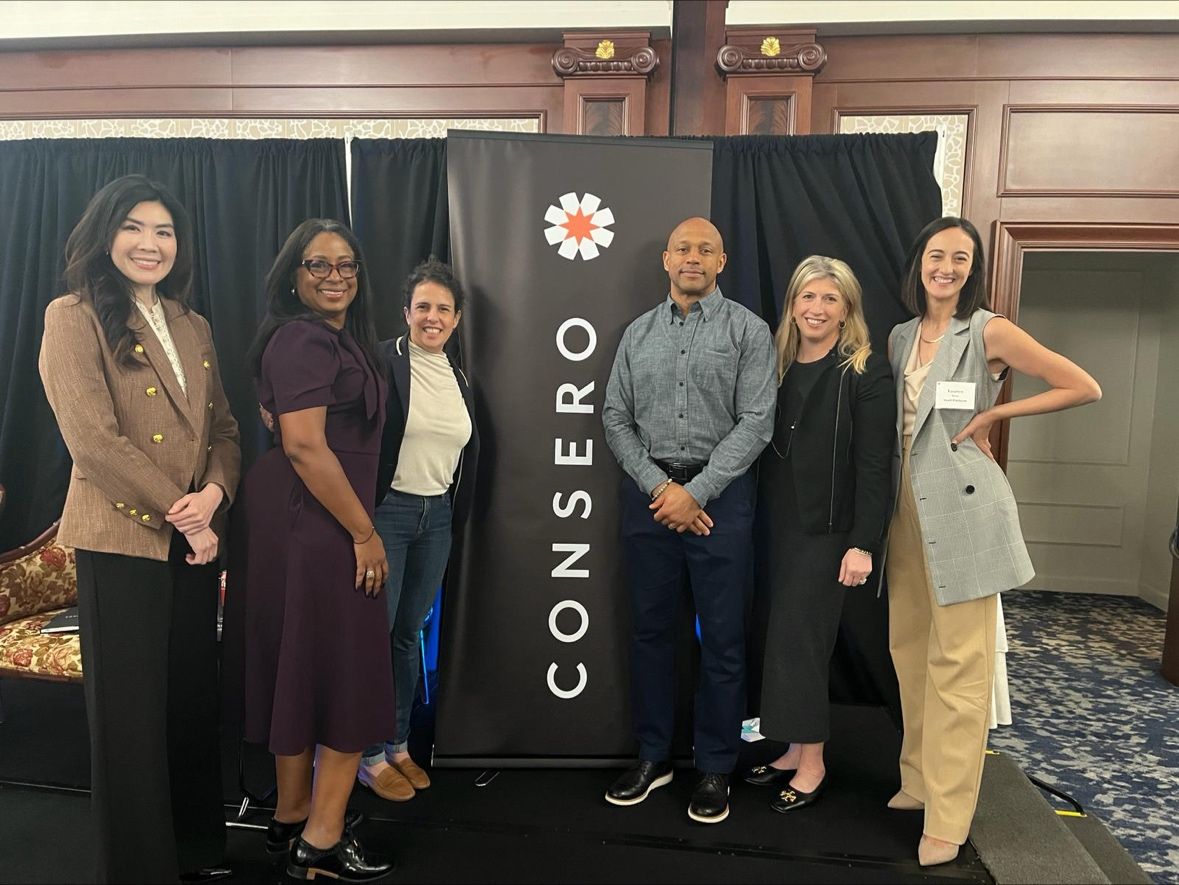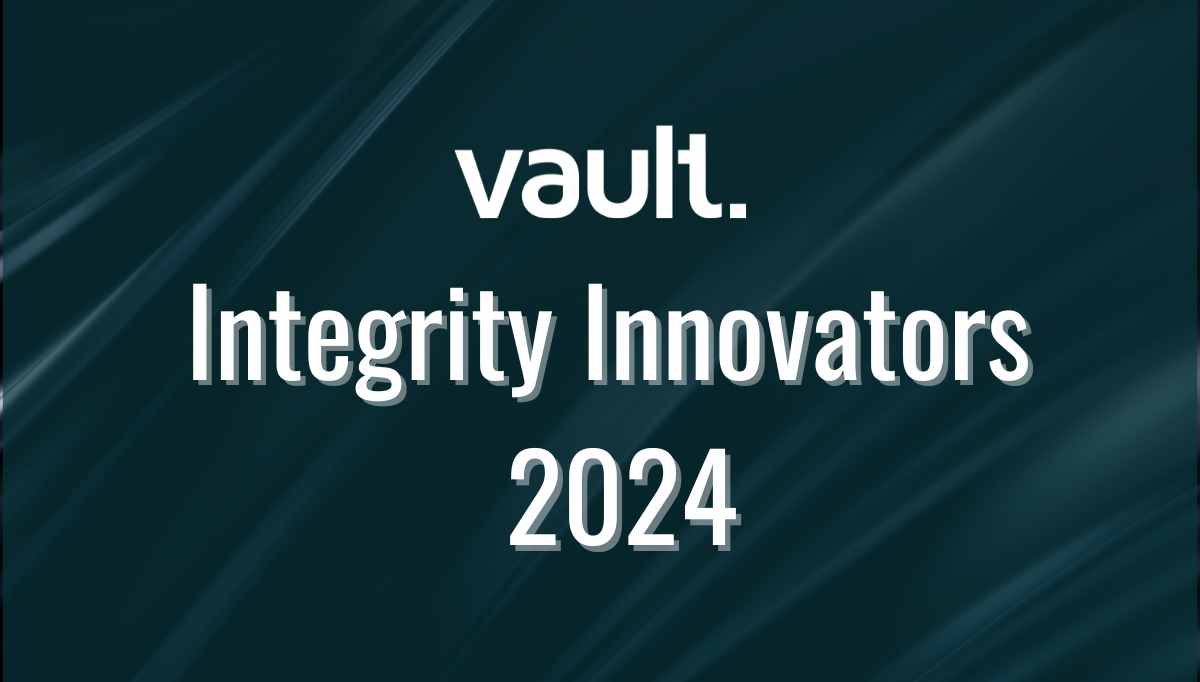
The U.S. Justice Department (DOJ) recently revised its policies for dealing with corporate crime enforcement, which we covered in our blog post, Seismic Changes in Corporate Compliance Policies. Deputy Attorney General Lisa Monaco’s remarks outlined an extensive plan that would hold companies and individuals more accountable and deter future wrongdoing by encouraging them to report and prevent misconduct.
This blog post will focus on the positive incentives – the carrots – of the memo, mainly on the second element, Guidance on Corporate Accountability. This element is a recipe for General Counsels and Chief Compliance Officers to make their business case, demonstrate responsible corporate behavior, and a call for action to revise companies’ compliance frameworks.
Watch the relevant section of the video
A. Evaluating a Corporation’s History of Misconduct
To harmonize the way DOJ departments treat criminal histories, prosecutors should consider the corporation’s record of past misconduct, including prior criminal, civil, and regulatory resolutions, both domestically and internationally, and give due weight to it – “not all instances of prior misconduct are created equal” as Monaco emphasized.
If the conduct at issue reflects broader weaknesses in a corporation’s compliance culture or practices, it will be held against the company. For example, conduct that occurred under the same management team and executive leadership may indicate a lack of commitment to compliance or insufficient oversight. Additional indicators may be a shared root cause and remediation taken such as employee discipline, compensation clawbacks, or compliance program upgrades.
Food for Thought
Consider whether your company is equipped with powerful compliance data analytics to deter organizational health, identify shared or repetitive misconduct across the company, and measure remediation effectiveness.
B. Voluntary Self-Disclosure (VSDs) by Corporations
“We expect good companies to step up and own up to misconduct,” and will appropriately reward such companies, Monaco said. For the first time, she called on those sections in the departments that have yet to adopt a clear and predictable VDS-incentivizing program to do so in a transparent, formal, documented policy that must adhere to two core principles: (i) “Absent aggravating factors” companies that self-disclosed wrongdoings would not be pursued of indictments or sought guilty pleas; (ii) Independent compliance monitor will not be imposed for a cooperating corporation (see more about monitoring in section C).
The best way to surface corporate misconduct is through internal channels. This known fact is also quoted in the DOJ memo: “In many circumstances, a corporation becomes aware of misconduct by employees or agents before that misconduct is publicly reported or otherwise known to the Department.”
Watch the relevant section of the video
Food for Thought
More than 80% of rewarded whistleblowers knocked on their employer’s door before reaching out to external channels. Does your company empower employees to Speak Up and truly invest in compliance enabling VSD, or are you just ‘ticking the box’ with a hotline solution?
The importance of surfacing information and Compliance Officers’ access to it was discussed earlier this year by Lauren Kootman, a senior official in the DOJ’s fraud section. A forthcoming policy will require CCOs and CEOs to certify in settlement agreements that their compliance programs have been “reasonably designed” to prevent future violations. It was explained that such certification was meant to empower Compliance Officers by ensuring they have “adequate visibility and access to information” about violations and business decisions, and guarantee “a seat at the table that all Compliance Officers should have in an organization with a functioning compliance program” as echoed again in Assistant AG Kenneth Polite’s remarks.
Food for Thought
Consider whether your company is doing smart business and empowers Compliance Officers with adequate visibility and access to business information and if it invests in a centralized internal control platform designed to support that and ensure the right information flow.
C. Evaluation of Cooperation by Corporations
The level of a corporation’s cooperation can affect the form of the resolution, the fine, and the undertakings. Companies seeking credit for cooperation must timely preserve, collect, and disclose relevant documents located both domestically and abroad.
According to the memo’s first element (I.A – Timely Disclosures and Prioritization of Individual Investigations) a disclosure that came too long after the criminal misconduct will reduce the likelihood of adequately investigating the matter in time and will affect the eligibility for “cooperation credit”.
Food for Thought
Is your company equipped with a powerful and efficient resolution platform to reduce the investigations period and comply in a timely fashion?
D. Evaluation of a Corporation’s Compliance Program
We all know that an effective compliance program and the corporation’s commitment to fostering a strong ethical and compliance culture are evaluated by prosecutors and may have a direct and significant impact on resolution terms. In her remarks Monaco presented new metrics relevant to prosecutors’ evaluation:
1. Compensation Structures that Promote Compliance
As in real life, positive compliant behavior should be rewarded and misconduct should be penalized. Companies should demonstrate that this principle is clearly incorporated in their compensation systems and exercised in practice. Prosecutors were guided to consider whether a company’s compensation systems enable penalties to be levied against current or former employees, executives, or directors whose direct or supervisory actions or omissions contributed to criminal conduct.
Further guidance is expected to be developed by the Criminal Division by the end of the year, the leading principle is about shifting the burden away from shareholders to those who contributed either directly or indirectly to misconduct. A day after Monaco’s remarks, Assistant AG Kenneth echoed the announcement about compensation structures and specifically clawback provisions.
Watch the relevant section of the video
Interestingly, the announcement about DOJ expectations for compensation systems rewarding compliance and imposing financial sanctions and clawbacks came out right after the Securities and Exchange Commission (SEC) signaled for more aggressive use of an existing SOX section 304 that empowers the commission to clawback certain CEOs and CFOs compensations. The expanded usage of SOX 304 will pursue the “full amount of the reimbursement that is required by the statute” as said Sam Waldon, the chief enforcement counsel at the SEC. So not only bonuses earned as a result of serious misconduct will be clawed back by the SEC, but all incentive-based pay earned in the year following a fraudulent filing.
Food for Thought
Compliance leadership is responsible to deliver the message about the DOJ’s new approach to compensation systems internally in their companies.
2. Use of Personal Devices and Third-Party Applications
Companies must establish effective policies to ensure that business-related information communicated on personal devices and third-party messaging platforms is preserved. “cooperation credit” will be granted to companies ensuring their ability to collect and provide non-privileged information relevant to the investigation “including work-related communications (e.g. texts, messages, or chats), and data contained on phones, tablets, or other devices that are used by its employees for business purposes.”
Food for Thought
Is your company equipped with a powerful resolution platform centralizing and collecting all business communications relevant to the investigation?
Monaco’s speech previews a significant revision to DOJ’s corporate enforcement policies and calls for General Counsels and Chief Compliance Officers to revise and tighten their company’s compliance frameworks.
Borrowing Assistant AG Polite’s closing remarks about the importance of personnel and in his exact words “There is no more important legacy than the people we hire”, companies must empower their risk, legal and compliance leadership and guarantee their seat at the decision table.
A perfect compliance framework will not have an impact on a toxic and unethical environment. To set the right corporate culture, fulfill their fiduciary duty and avoid misconduct and corporate crime, boards, companies, and executives must seek strong compliance voices in all of their business workforce and foster true and authentic speak-up culture.
Hila Petrank
Head of Legal & Compliance, Vault Platform



